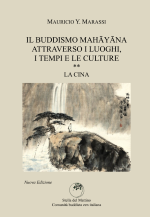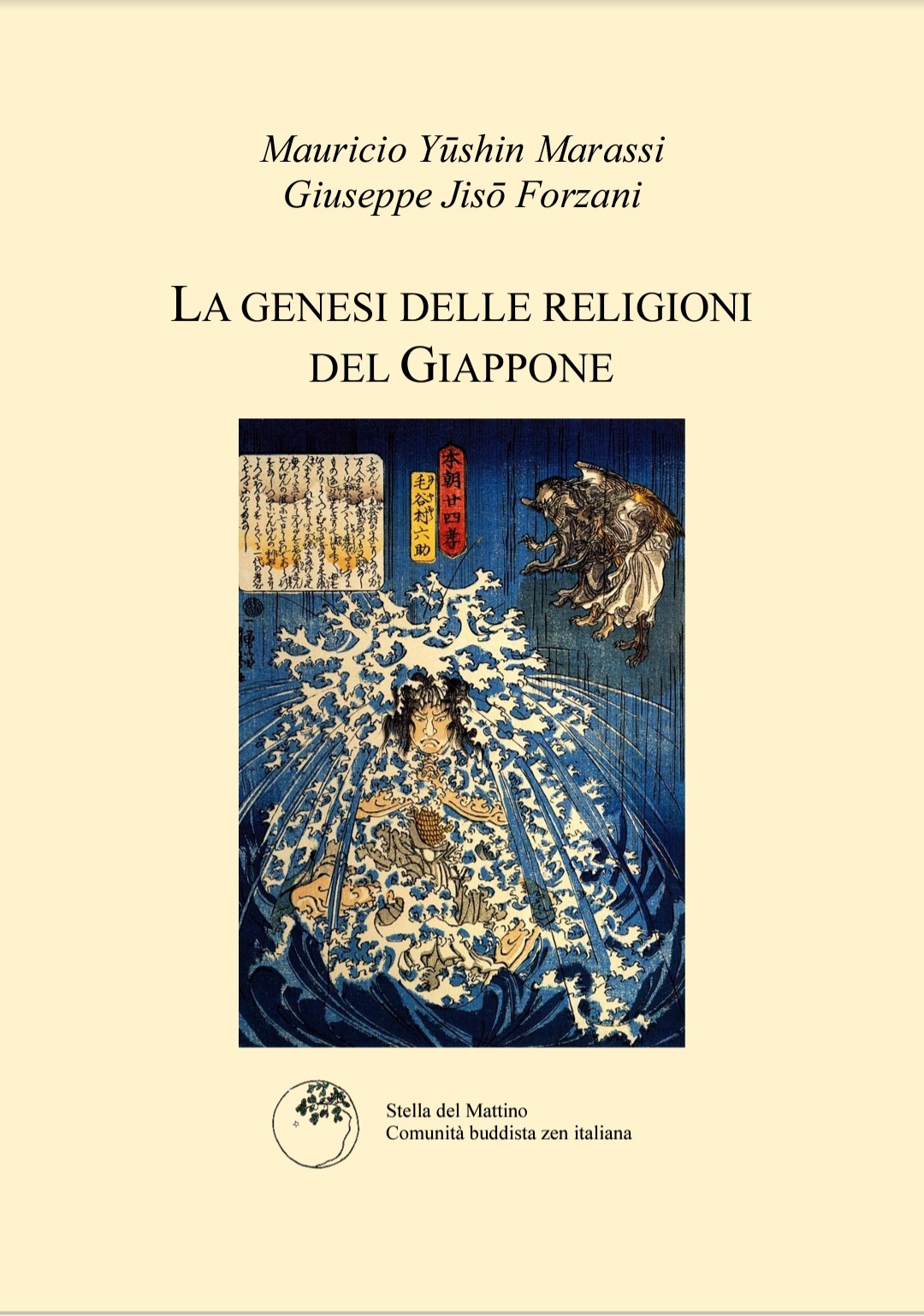Rigyou or actions benefiting all beings means to act in a sensitive and skillful way toward all living beings; regardless of whether they’re rich or poor, in high position or low; to carry out such actions in a way that will be of great worth and help to all. Concretely speaking, skillful means that benefit others is carefully considering and focusing on the enactment of such deeds for the near and distant future. Releasing a caged turtle, nourishing a sick sparrow—in both instances, there was no consideration for reward [on the part of those who carried out the deeds] (30). They simply felt moved to act in a beneficent way [by the power of rigyou]. There are some people who foolishly think that if they put benefitting others ahead of themselves, they will surely lose out; however, benefitting others is not like that. Beneficial actions are actions that include everyone and all things including oneself. There is the legendary example of an emperor who reset his hair three times before taking a bath and who vomited up his dinner on three different occasions [in order to hear those who came to him for advice]. He acted in this way in order to devote his efforts to benefiting those who brought him their entreaties. He couldn’t help but try to benefit even the people of other countries in any way he could despite the inconvenience to himself. Therefore, we should try to benefit equally both those with whom we are close as well as those we may despise, as benefitting others benefits oneself. If we are able to acquire such an attitude, then naturally we will benefit without ever backsliding or turning away in the same way the grasses and trees or the wind and rivers [never turn away], and manifest the principle of beneficial action. Endeavor to help those who are foolish or mistaken. Douji refers to acting in correspondence without any difference. Identity of action never adversely affects oneself, nor does such an action [run counter to the best interests] of others. A human being as a tathagata is saying that a tathagata identifies with every human being. In the same way the tathagata identifies with the human world, there is identification with the other worlds (31) When we understand identity of action, there is no difference between self and other. Those things which are familiar and well-known—music, poetry, spirits (32)—become companions among human beings and deities above and on earth. Likewise, human beings become intimate with music, with poetry and literature and with spirits. Music becomes intimate with music, poetry with poetry and spirits with spirits. Human beings identify with human beings, the same for heavenly and earthly deities. This is the internalization of douji—identity of action. For example, douji consists of deportment, of behavior, of attitude. Other identifies with us, and we identify with other. What is ‘self’ and ‘other’ has no boundary and is dependent on the situation. Kanshi wrote, “The sea never turns away water and for that, it can do great things. A mountain never turns away more soil and for that, it performs feats of greatness. The emperor never loathes anyone and for that, he can lead the people” (33). Know that the sea ‘s never refusing water is [an example of] identity of action. Neither does water turn away from the sea. Because of this, the water gathers into a sea; soil piles up to form a mountain. The sea knows itself intimately, so it does not reject itself and is able to do great things. Likewise, a mountain attains to great heights because it does not refuse itself. Precisely because the ruler does not loathe the people, he is able to govern well. The people form the country. The ruler refers to an emperor, and the emperor does not loathe the people. Though he does not loathe them it is not as though there were no reward and punishment. There is reward and punishment, but this does not derive from a loathing of the people. In ancient times when the country was at peace, there was no [need for] reward and punishment. Or if there was, it was not the same sort of reward and punishment as that of today. Even now, there are some who pursue the Way oblivious to any reward they might receive, although this is totally beyond the comprehension of the foolish. Precisely because the ruler is perfectly clear [in his ways], he does not loathe the people. And the people carry out the activities of the country willingly. Because it is highly unusual to know entirely the reasoning of a gifted ruler, people are happy just to think they are not despised by him. Because they identify with him, the people do not know that they are not disliked by him. For both the emperor and the blind, because of [this truth of] douji or identity of action, douji is one of the bodhisattva vows (34), although surely, both face all things with a softer countenance. All four of these attitudes are contained in each bodhisattva attitude thereby making sixteen.
Recorded: May 5th, 1243 by Shamon [Dogen], having received transmission of the teaching of the buddhadharma in Sung, China
Notes:
30)This is a reference to two legendary tales in Chinese history, one in which a caged turtle is released into a large pond, the other is of the nurturing of an injured sparrow resulting in great rewards for the families of the those who most willingly gave of themselves without any expectation of personal reward or benefit.
31)This is a reference to either the “six worlds” rokkai 「六界」or “ten worlds” jukkai 「十界」
32)Hakkyoi’s three friends— music, poetry and sake.
33)Kanshi 管子, in Chinese, Guan-tzu.
34)Here Dogen is using the word gangyou 「願行」 interchangeably with shoubou 「摂法」.
Se volete, lasciate un commento.
You must be logged in to post a comment.







